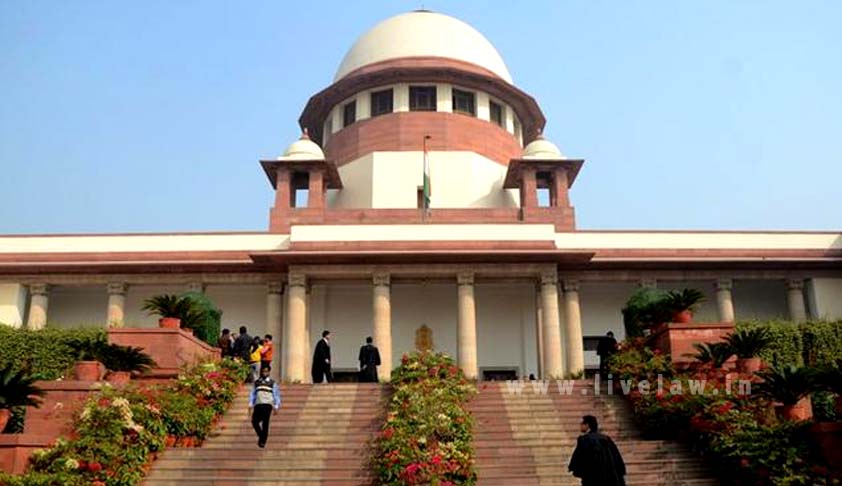The Supreme Court has asked the chief justices of high courts to institute acts on its own cognizance on PILs in their respective courts and clean up jails. A bench headed by Justices Madan B Lokur and Deepak Gupta has issued orders to improve the living conditions in the jails for the prisoners. The bench has also demanded more open air jails in India.
Open air jails are jails where the prisoners sever their sentence with minimum interference and supervision. They are not locked up in prision cells and there is less of perimeter security and are part of the rehabilitation plans for the criminals.
These orders from the supreme court after the plea from the Bollywood Sanjay Datt, who recently spent 5 years in a Maharashtra jail for possession of arms in the Mumbai blasts case. Sanjay had pleaded that a need for reformation in the jail administration was required and termed the Indian jails as a university for grooming criminals.
The Court has urged the Centre and the States to treat the prisoners in as humanely way as possible. Just because they are criminals, they cannot be denied their fundamental rights to life and liberty, the court said. The court also said that the states should be warier in arresting people if they could not provide proper and minimum living conditions for the prisoners.
The Supreme court also said that the Central and the State governments need to understand that the criminals cannot be treated as chattel and they need to practice the true meaning of the Fundamental Right to life and liberty postulated by Article 21 of the Constitution (guaranteeing the right to life and liberty).
The court, to make the prisoner linked to the outside world has asked to allow newspapers and periodicals. It also suggested that the number of visits from the family members and phone calls should be increased to reduce isolation and improve mental stability. The bench also referred the adoption of the Mandela rules on minimum treatment of prisoners, which is even followed by the UN General Assembly.
The Mandela rules state that good principle and practice in the treatment of prisoners and the management of penal institutions should be adopted. It also includes a minimum standard of accommodation, personal hygiene, clothing, bedding, food, exercise, medical health services, contact to the outside world, availability of books, religion, retention of prisoners, notification of death, illness, transfer, removal of prisoners, quality and training of prisoner personnel, prison inspections.
According to the reports of the National Human Rights Commission of India, the prisoners who are totally cut off from the outside world and family members have 50 % more chances of committing suicide compared to others. The court stressing on the need to improve the living conditions said that “The average suicide rate among the general public for this period is 11 (per 100,000) whereas the average suicide rate in prison is 16.9 (per 100,000). In other words, the average suicide rate in prisons is over 50% more than in normal conditions.”
The Court has also accepted the fact that the number of the deaths of custodial was increasing despite initiatives and schemes implemented to reduce them. The court has ordered the High court chief judges to address humane treatment, dignity inside jails, compensation for the kin of those who die unnatural deaths inside jails and counseling to deal with the solitude and incarceration.
The bench also noted that proper counseling facilities should be provided for the criminals suffering from depression and solitude. It said that the children of the criminals who die an unnatural in the jails should be given compensation and the criminals should be treated in a humanly way.
According to the bench of Justices Madan B Lokur and Deepak Gupta stated that currently 54 open-air jails in India and there is need to have more such jails to reduce the suicides and deaths in the jails.
This initiative is taken by the Supreme court mainly to reduce the number of suicides and unnatural deaths and also especially to make the living conditions better as many suffer due to delay in justice dispensation.

